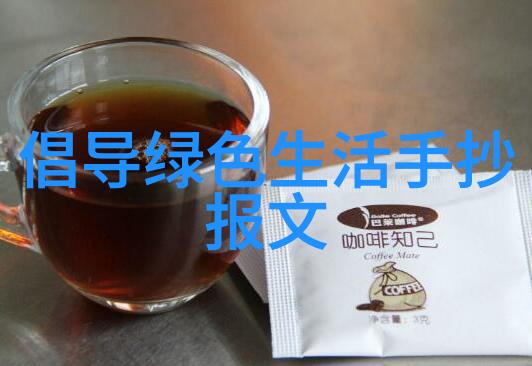日本可持续设计产品环保家居绿色生活
为什么选择日本的可持续设计产品?

在全球范围内,人们越来越关注环境保护和可持续发展。日本作为一个领先的技术国家,其在可持续设计方面的产品尤其受到瞩目。从家居用品到电子设备,从服装到建筑材料,日本都有着一系列优质且环保的产品,它们不仅能够满足消费者的需求,而且还能减少对环境的影响。
如何理解“绿色”与“高科技”并重?

Japanese companies have long been known for their innovative approach to design and technology. However, in recent years, there has been a growing trend towards sustainability and eco-friendliness. This is reflected in the development of products that not only look good and work well but also do so while minimizing their impact on the environment.
What are some examples of Japanese sustainable design products?

One example is the use of recycled materials in product design. For instance, some Japanese companies are now using recycled plastic to create everything from furniture to fashion accessories. Another example is the development of energy-efficient appliances that use less power than traditional models without sacrificing performance.
How do these products benefit consumers?

For consumers, the benefits are numerous. Not only can they feel good about supporting environmentally-friendly brands, but they can also enjoy higher-quality products at competitive prices. Additionally, many sustainable designs incorporate cutting-edge technology that makes them more durable and longer-lasting than traditional alternatives.
What role does Japan play in promoting sustainable design worldwide?

Japan's commitment to sustainability extends beyond its own borders. The country has become a leader in international efforts to promote eco-friendly practices and technologies globally through partnerships with other countries as well as organizations like UNESCO (United Nations Educational Scientific Cultural Organization).
How can we encourage more widespread adoption of Japanese sustainable design principles?
Encouraging wider adoption will require continued innovation by manufacturers combined with increased awareness among consumers about the benefits of choosing green over grey when it comes to consumer goods purchases – something both governments policymakers NGOs non-governmental organizations activists advocacy groups industry associations businesses corporations manufacturers retailers wholesalers distributors suppliers vendors sellers customers buyers users end-users final consumers individuals households families communities societies nations world global planet Earth our home



